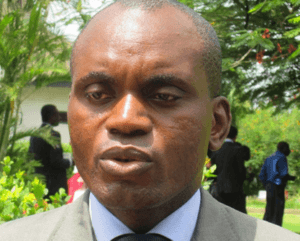Increasing numbers petition African Court for justice

Over 119 individuals and institutions have petitioned the African Court on Human and Peoples’ Rights (AfCHPR) as at October 1st, 2016.
The African Court at Arusha, Tanzania serves as the continental court established by African countries to ensure the protection of human rights in Africa and complements the functions of the African Commission on Human and Peoples’ Rights.
The Court has finalized 32 applications and 87 are pending, Justice Sylvain Oré, AfCHPR President, told the Ghana News Agency in an interview, as the court begins its 43rd Ordinary Session from October 31 to November 18, 2016 at Arusha, the United Republic of Tanzania.
The eleven member judges will also examine about 70 applications and four requests for advisory opinion.
Justice Sylvain Oré said the African Court under Article 3 of the Protocol, has jurisdiction to deal with all cases and disputes submitted to it regarding the interpretation and application of the Charter, the Protocol and any other relevant human rights instrument ratified by the concerned States.
He noted that under Article 4 of the Protocol, the Court may, at the request of a AU Member State, any AU organs, or any African organization recognized by the AU, provide an opinion on any legal matter relating to the Charter or any other relevant human rights instruments.
Justice Ore said in February 2009, the Assembly of Heads of State and Government of the AU requested the AU Commission, in consultation with the African Commission on Human and Peoples’ Rights and the AfCHPR, to assess the implications of extending the jurisdiction of the Court to try international crimes, such as genocide, crimes against humanity and war crimes.
He said to implement this decision of the Assembly, the African Union Commission engaged a consultant to undertake a study on the implications of extending the jurisdiction of the African Court of Justice and Human Rights (yet to become operational), including considering whether unconstitutional change or prolongation of government, could be considered a new crime.
Source: GNA
